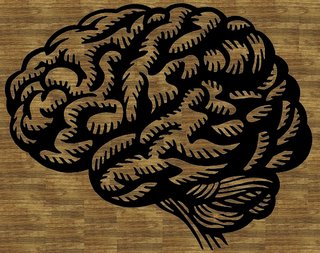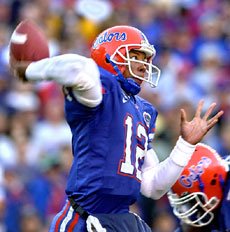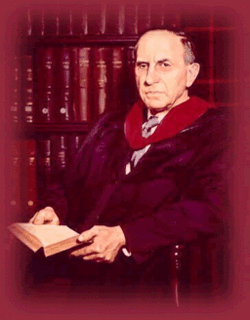
In his book, Dr. Sproul list 3 different type of certainty,
1. Philosophical/Formal Certainty
2. Confidence
3. Moral Certainty
Today we will deal with the first.
Definition of Philosophical Certainty
“Philosophical certainty has to with formal arguments that are so logically tight and compelling that to deny the conclusion would be to yield to manifest irrationality or absurdity. This kind of certainty can be found only within the framework of the formal relationship of propositions.” –pg 102
Example of Philosophical Certainty
Dr. Sproul presents an example of philosophical certainty with a syllogism, which is a form of deductive reasoning consisting of a major premise, a minor premise, and a conclusion.
A syllogism:
Premise A: All men are mortal.
Premise B: Socrates is a man.
Premise C: Socrates is mortal.
“ If this syllogism the canons of logic dictates that if premise A is true and premise B is true, then the conclusion is necessarily, by resistless logic, true. Note, however, that the truth of the conclusion, though it flows irresistible from the premises, is still ultimately dependent on the truth of the premises.” –pg.102
Absolute Philosophical Certainty
Dr. Sproul then evaluates the idea if we can know anything with ABSOLUTE certainty by evaluating both premises.
First Dr. Sproul evaluates premise A by asking the question “do we know with ABSOLUTE certainty that Socrates was in fact mortal?”.
“Do we know with certainty that all men are mortal? If so, how do we know it? By reason? By sense perception? Could we possibly prove this statement to be true? To prove it absolutely we would have to examine every human being who has ever lived and is now alive to prove our claim…To know inductively that all men are mortal we would have to observe the death of all men, including ourselves! The only way we could have absolute that all men are mortal would be posthumously!” –pg.103
Dr. Sproul also evaluates the second premise, noting that this also lacks ABSOLUTE certainty.
“What about premise B?…We trust the reports of fallible men of antiquity for our information about Socrates. We have a high degree of probability that there was a Socrates but we lack absolute certainty.”-pg. 103
Only God has Absolute Philosophical Certainty
“As long as our capacity for knowledge is the slightest bit less than omniscient, then the problem of philosophical certainty will remain. Only a being who is omniscient can transcend the problem. In other words, only God can have philosophical certainty. Since we are not and cannot be gods, we are lift with philosophical uncertainty."-pg.104
Conclusion
Don’t ever allow anyone to require ABSOLUTE certainty for why you believe in God, or in anything else for that matter.












